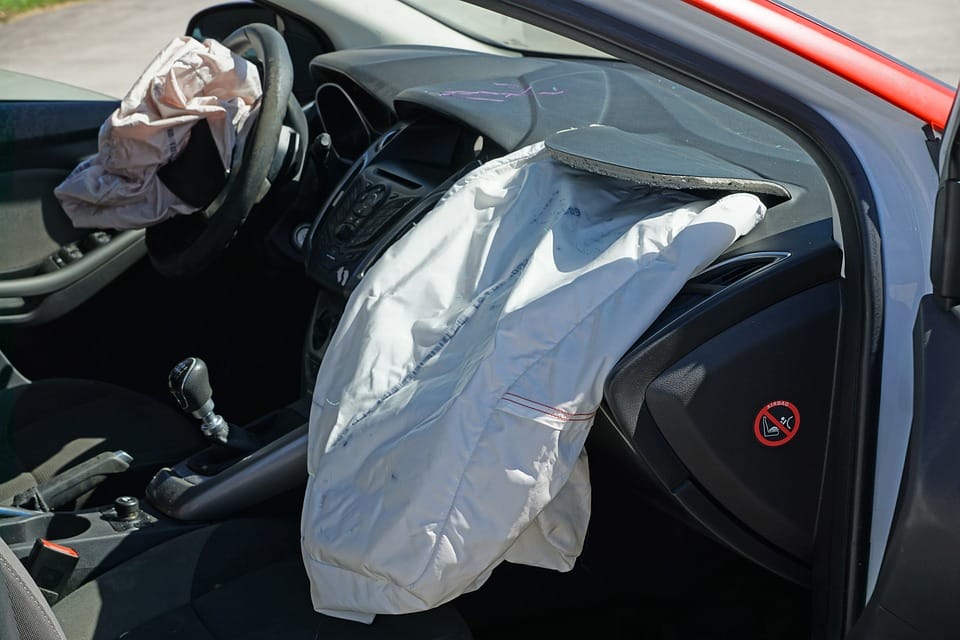Just four states and the District of Columbia still recognize the ancient and unjust legal principal of contributory negligence. Two of those states being Virginia and North Carolina means that many of the car crash victims we help out of our Virginia Beach personal injury law firm offices encounter challenges when they file insurance claims against the drivers who hit and hurt them.

When an accusation of contributory negligence is upheld, injured people and, worse, families of people killed by another driver cannot legally receive any compensation or damages. Fortunately for our clients, laws and another longstanding legal doctrine allow Virginia crash victims to counter charges of contributory negligence.
LEARN MORE
- What Is Contributory Negligence?
- How the Last Clear Chance Doctrine Can Affect Your Car Crash Injury Case
- Determining Fault in a Virginia Car Crash
Virginia enforces a particularly strict version of the contributory negligence principle. If evidence shows that a person was even one percent at-fault for a traffic accident, that person can be barred from holding another driver accountable. In light of this, insurance company representatives predictably try hard to make charges of contributory negligence stick.
Failure to Use a Seat Belt or Child Safety Seat Is Not Contributory Negligence
A favorite strategy of insurance company reps is to tell people who file claims that they are not eligible to receive a settlement because the official police crash report indicates they were not wearing a seat belt. Virginia law, however, explicitly states that no violation of the state’s seat belt law “shall not constitute negligence, be considered in mitigation of damages of whatever nature, be admissible in evidence or be the subject of comment by counsel in any action for the recovery of damages arising out of the operation, ownership, or maintenance of a motor vehicle, nor shall anything in this section change any existing law, rule, or procedure pertaining to any such civil action.”
Similarly, failure to secure a child younger than 12 in a safety seat cannot be upheld as proof of contributory negligence.
People Should Not Be Declared Negligent When They Cannot Avoid a Crash
Another strategy insurance company reps use to deny claims from their policyholders’ victims is to argue that the injured or killed person should have acted to prevent the collision. But, as everyone knows, steering out of trouble or stopping before a crash is not always possible.
Courts in Virginia also recognize this by observing something called the “last clear chance doctrine.” When fault for a crash cannot be 100 percent attributed to one driver, legal responsibility falls upon the person who had the most opportunity to prevent the collision. Using the last clear chance doctrine to defeat an accusation of contributory negligence does require showing that only the other driver could have acted in time to prevent the wreck.
Contributory Negligence Does Not Apply to Passengers in Bus Crashes
Virginia law carves out an exemption to contributory negligence for people hurt in “common carrier” crashes. This mostly means buses, but it includes street cars and trolleys.
Under section 8.01-58 of the Virginia Code, a bus passenger hurt in a crash can pursue damages on the basis of comparative negligence. For instance, a passenger who stood up when asked to remain seated might be found 10 percent at fault for her injuries. This would reduce any insurance settlement by that 10 percent.
Speaking with an experienced Virginia personal injury lawyer when an insurance company cites contributory negligence as a reason to deny a claim can allow you to continue seeking compensation and damages.
EJL






